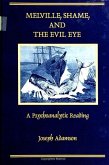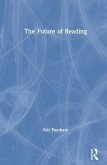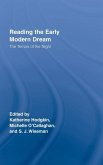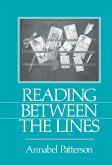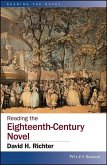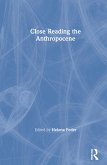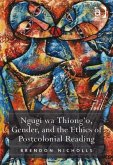The Rāmcaritmānas of Tulsidas, begun in 1574 CE, is the most widely known and best loved devotional text in the whole of the north Indian vernacular tradition. Still widely read today-typically with the help of modern commentaries-it is also the subject of public performance styles that have brought it to the widest possible audiences. A source of inspiration and comfort to countless millions over the centuries, the Mānas stands as the classic exemplar of the Ramayana tradition for speakers of Hindi and its dialects. The book in your hand introduces Tulsi's Awadhi masterpiece to readers who are already at home in modern standard Hindi.
Hinweis: Dieser Artikel kann nur an eine deutsche Lieferadresse ausgeliefert werden.
Hinweis: Dieser Artikel kann nur an eine deutsche Lieferadresse ausgeliefert werden.


